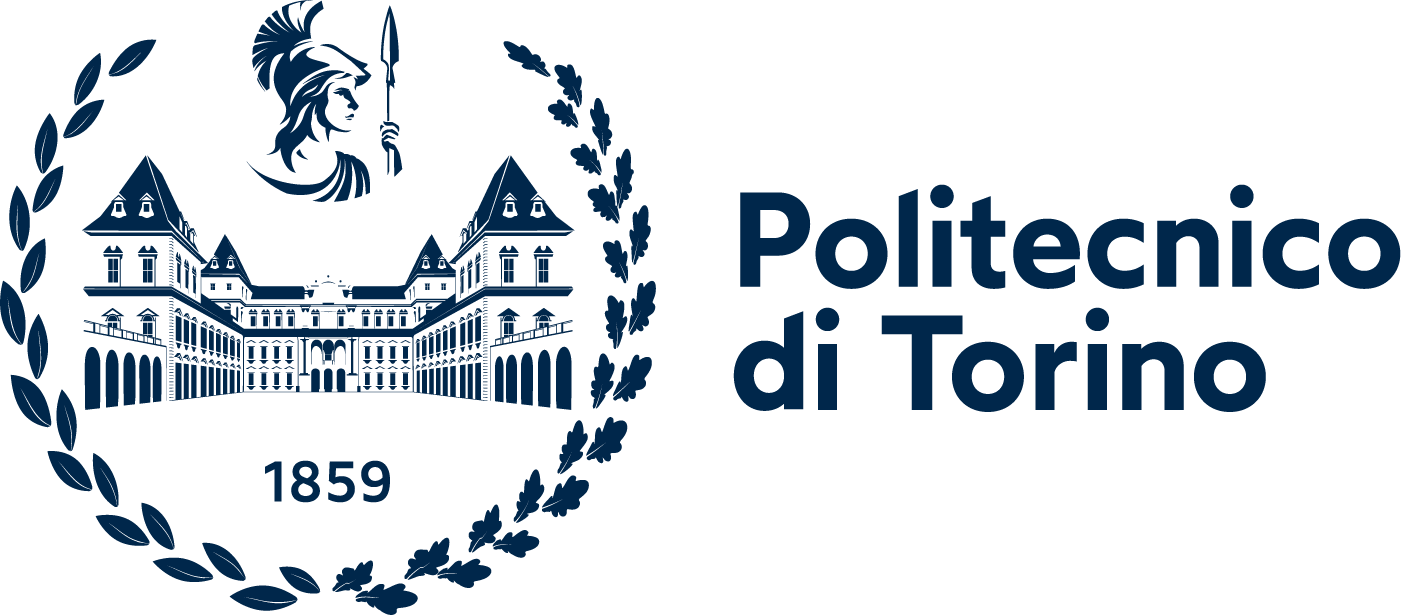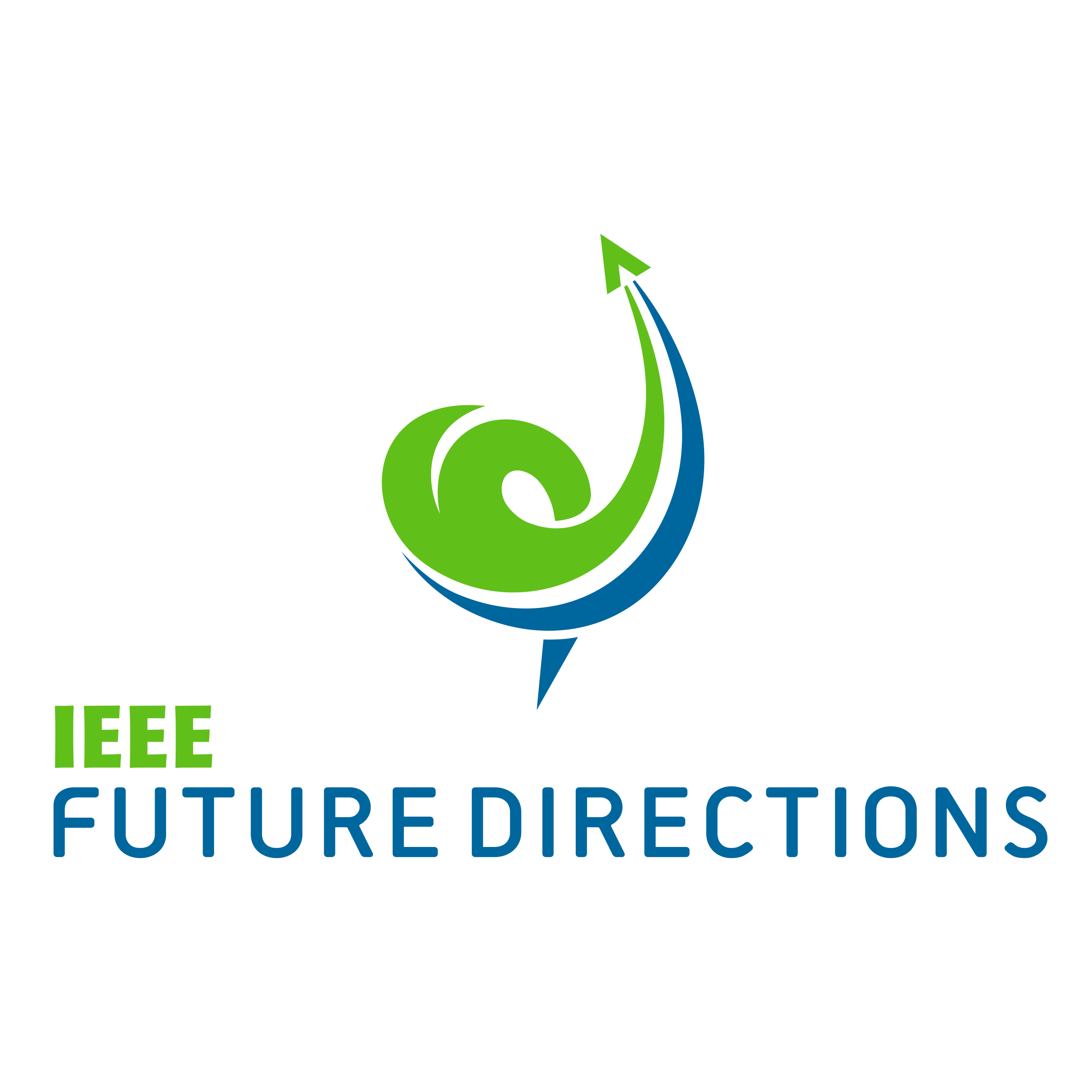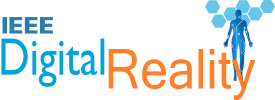IMPORTANT INFORMATION FOR COMPSAC 2022 AUTHORS
COMPSAC 2022 will be completely virtual as it was in 2020 and 2021, and all presentations will be done virtually. We will announce this update also in the submission acceptance letters to authors. Authors of accepted papers will be required to provide a video of their presentation together with the submission of the final version of their papers. COMPSAC will provide detailed guidance regarding preparation and submission of these videos.
17th IEEE International Workshop on E-Health Systems & Web Technologies (ESAS 2022)
Goal of the workshop:
ESAS 2022 fosters the following complementary objectives:
- Inquiring into the theory and practice of engineering health systems, especially methods, means, and best cases;
- Exploring into unifying software engineering methodologies employed in the health informatics applications across domains,
- Investigating the models and applications that aim to preserve security and privacy of patient health records; and,
- Using relevant methodologies of Big Data Analytics, Machine Learning, Data Mining, Deep Learning, Semantic Web as well as incorporating Recommendation, Knowledge-Based Reasoning, Decision Support, and Expert Systems to implement intelligent and resilient computing in an uncertain world for E-Health.
Workshop theme:
E-Health systems play a significant role in the well-being of individuals, be it as medical solutions or for everyday healthcare. New models and methods continue to be developed to produce safer healthcare environments. The rapid growth in usage of such devices and technologies in medical fields has generated new opportunities for emerging application improvement. Huge challenges still remain to be resolved in order to develop consistent, suitable, safe, flexible, inter-connected and power-efficient systems fit for medical needs. In unison with the main conference, the main theme of ESAS 2022 will be “Computers, Software, and Applications in an Uncertain World” for E-Health.
Scope of the workshop:
Web technologies render dynamic, heterogeneous, distributed and shared content equally accessible to human reader and software agents. Distributed agents functioning autonomously can utilize Web content to gather and aggregate knowledge for reasoning and inferring new results towards achieving their goals as well as generating new knowledge. Such knowledge in turn may be disseminated and used to achieve the shared goal of the application system. Here, the vision is to achieve a synergy with E-Health systems whereby both semantics and agents will be equally in the center stage. Therefore, paper proposals on approaches and applications of big data analytics, knowledge-based expert systems, machine learning, security, privacy, and Web technologies for affecting E-/M-health Systems in the digital world are welcome. Topics of interest span a wide spectrum in both theory and practice.
Authors are invited to submit original technical papers and novel research contributions in any aspect of E-Health covering but not limited to the topics of interest listed below.
Track 1: Smart health and applications (e-Health)
Health management and analytics; big data in health; electronic health records; knowledge management, data and text mining; heath applications of social media technologies and services; telecare and telehealth; medical decision support systems and tools; expert systems; evidence-based practice; e-health oriented software architectures; e-health applications; semantic web and e-health systems; smart health systems and applications; biomedical semantics; health informatics and its applications; modeling of health service usage; innovations and future developments in healthcare technologies; security, privacy and protection of personal data in health systems.
Track 2: Artificial Intelligence with Web Technologies and Data (AIWD)
Data science and Machine learning models; Applications of machine learning; Machine learning for schema matching, instance matching, search and retrieval; Machine learning models on knowledge bases and semantic networks; Linked data management and analytics; Big data analytics and applications; Automated and traditional information retrieval and applications; Data mining and applications; Deep Learning and applications; Data driven services and applications.
Track 3: Recommendation Systems (RS)
Recommendation systems and algorithms; Information filtering; Machine learning for recommendation; Multi-agent recommender systems; Recommendation and social networks; Context-aware recommenders; Recommender system user interfaces.
Track 4: Web Technologies, Services and Applications (WTSA)
Web technologies, frameworks, languages, appliances, and services; Semantic Web, ontology and Web services; Web services challenges on trust, security, performance, scalability; IoT, data management and analytics; Cyber physical systems; Distributed systems, edge computing and streaming data analysis; Smart city applications; Platforms, technologies, mechanisms and case studies.
Journal Publications
A sequel is being proposed to the successful ESAS Workshops Series (2006 – 2020) of the COMPSAC conferences.
Past ESAS journal special issues and book publications include the following:
- The submissions for the ESAS special issue topic of “e-Health and Staying Smarter” for the Expert Systems: The Journal of Knowledge Engineering (IF 1.505) resulted actually in the following two SIs and additional three regular papers in the February issue of 2020: (https://onlinelibrary.wiley.com/toc/14680394/2020/37/1):
Special Issue on Disease Classification for Smart Health. Expert Systems, 37/1. https://doi.org/10.1111/exsy.12517. https://onlinelibrary.wiley.com/doi/full/10.1111/exsy.12517
Special Issue on Ontology‐Based Smart Medical Solutions. Expert Systems, 37/1. https://doi.org/10.1111/exsy.12518 - The authors of ESAS 2009/10 were invited to submit an extended and revised version of their papers for publication in an edited volume titled Semantic Agent Systems: Foundations and Applications by Springer-Verlag. (http://www.springer.com/engineering/mathematical/book/978-3-642-18307-2).
- A special issue of the extended best papers of ESAS 2007 and 2008 was published with the Expert Systems: The Journal of Knowledge Engineering by Wiley-Blackwell Publishing. Vol 28, No. 5, 2011, pp: 410-487.
- A special issue of the extended best papers of ESAS 2006 was published with An International Journal, IOS Press, ISSN 1574-1702; Volume 4, Number 3, 2008, pp: 293-346.
- Likewise, a book project for the current and past ESAS papers is likely to be offered; more to follow.
Please visit Information for Authors for formatting instructions, page limits, and IEEE paper templates.
Important dates for submission and notification are listed here.
Workshop Organizers
Atilla Elçi , Hasan Kalyoncu University, TURKEY
Email: atilla.elci (at) gmail.com
Duygu Çelik Ertuğrul, Eastern Mediterranean University, North Cyprus, Mersin-10, TURKEY
Email: duygucelik (at) msn.com, duygu.celik (at) emu.edu.tr
Program Committee
Alex Abramovich, Gordon College, Israel
Amir Hossein Nabizadeh, University of Lisbon, Portugal
Atilla Elçi, Hasan Kalyoncu University, Turkey
Avinash Ratre, Indian Institute of Technology, India
Başak Buluz, Istanbul Aydin University, Turkey
Bikash Sarkar, Birla Institute of Technology, Mesra, Ranchi, India
Bo Hu, University of Southampton, UK
Chattrakul Sombattheera, Mahasarakham University, Thailand
Dilek Yilmazer, Istanbul Technical University, Turkey
Duygu Çelik Ertuğrul, Eastern Mediterranean University, TRNC
Ebrahim Bagheri, National Research Council, Canada
Erdogan Doğdu, Cankaya University, Turkey
Georgios Meditskos, Information Technologies Institute, Greece
İbrahim Gökçen, GE International, Turkey
Jury Vishnyakov, Southern Federal University, Russia
Lamia Ben Amor, University of Sfax, Tunisia
Laurentiu Vasiliu, Peracton Ltd., Ireland
Marjan Mernik, University of Maribor, Slovenia
Maurice Pagnucco, University of New South Wales, Australia
Mehmet Emin Aydin, University of the West of England, UK
Melike Şah Direkoğlu, Near East University, TRNC
Metin Zontul, Istanbul Arel University, Turkey
Murat Osman Ünalir, Egean University, Turkey
Mustafa Jarrar, Sina Institute – Birzeit University, Palestine
Okan Bursa, Egean University, Turkey
Önsen Toygar, Eastern Mediterranean University,TRNC
Övünç Öztürk, Celal Bayar University, Turkey
Özgü Can, Agean University, Turkey
Özkan Bingol, Gumushane Universitesi, Turkey
Özlem Uzuner, State University of New York at Albany, USA
Paula Branco, Universidade do Porto, Portugal
R. Rajesh, Bharathiar University, India
Rani Hemamalini, St. Peters College of Engineering and Technology, India
Richard O. Oyeleke, Iowa State University, USA
Riza Cenk Erdur, Agean University, Turkey
Rym Z. Mili, University of Texas at Dallas, USA
Şule Yildirim Yayilgan, Gjovik University College, Norway
Tuğba Özacar Öztürk, Celal Bayar University, Turkey
Vijayan Sugumaran, Oakland University, USA
Vito Walter Anelli, Politecnico di Bari, Italy
Yunus Santur, Firat University, Turkey
Yiltan Bitirim, Eastern Mediterranean University, TRNC
Zeki Bayram, Eastern Mediterranean University, TRNC


